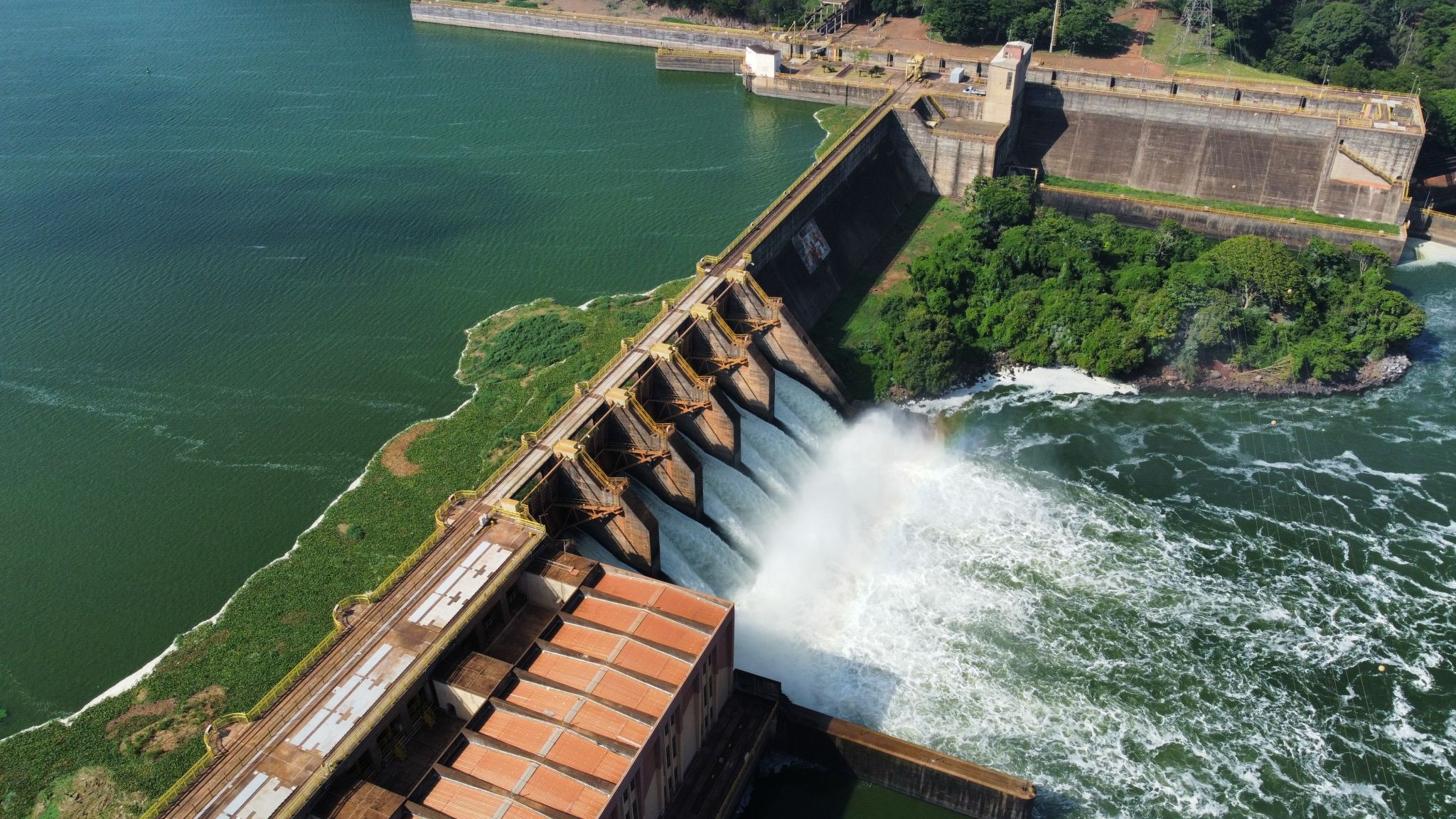Case Study: Successful Web3 Sustainability Projects in Brazil
Introduction to Web3 and Sustainability
The intersection of Web3 technology and sustainability has opened new avenues for addressing environmental challenges. In Brazil, a country known for its vast biodiversity and environmental concerns, several projects have emerged that leverage decentralized technologies to foster sustainable practices. This case study explores some successful Web3 sustainability projects in Brazil, highlighting their innovative approaches and impacts.

Project 1: Blockchain for Amazon Conservation
The Amazon Rainforest, often referred to as the "lungs of the Earth," plays a critical role in global climate regulation. A Brazilian initiative has utilized blockchain technology to enhance transparency and accountability in conservation efforts. By tokenizing carbon credits, this project ensures that funds reach local communities who actively engage in preserving the forest.
This initiative stands out due to its use of smart contracts to automate financial transactions, minimizing the risk of corruption and ensuring that resources are efficiently allocated. The project has not only contributed to reducing deforestation but also provided economic incentives for local populations.
Project 2: Decentralized Waste Management
In urban areas like São Paulo, waste management is a significant challenge. A Web3 project has introduced a decentralized platform that connects waste producers with recycling cooperatives. This system employs blockchain to track waste from the source to its final processing stage, ensuring transparency and efficiency.
The platform incentivizes proper waste disposal by rewarding participants with digital tokens. These tokens can be exchanged for goods and services, fostering a circular economy. This solution has led to increased recycling rates and reduced landfill contributions.

Project 3: Renewable Energy Trading
Brazil's vast renewable energy potential is being harnessed through a Web3-based peer-to-peer energy trading platform. This project allows individuals and businesses to trade excess renewable energy directly with one another using blockchain technology. This decentralized approach reduces reliance on centralized power grids, promoting energy independence.
Participants earn tokens for contributing renewable energy, which can be used to purchase additional energy or other goods and services. By enabling direct transactions, this project has made renewable energy more accessible and affordable for many Brazilians.
Impact and Future Prospects
These Web3 sustainability projects in Brazil demonstrate the transformative potential of decentralized technologies in addressing environmental challenges. They illustrate how blockchain can improve transparency, efficiency, and community engagement in conservation efforts.
As these projects continue to evolve, their success could inspire similar initiatives globally, particularly in regions facing similar environmental issues. The integration of Web3 solutions offers promising pathways towards achieving sustainability goals on a larger scale.

Conclusion
The innovative use of Web3 technologies in Brazil's sustainability projects underscores the potential for these solutions to drive meaningful change. By enhancing transparency, fostering community involvement, and creating economic incentives, these initiatives are paving the way for a more sustainable future.
As more regions explore the possibilities of decentralization in tackling environmental issues, Brazil's successful projects serve as inspiring examples of what can be achieved when technology and sustainability intersect effectively.
